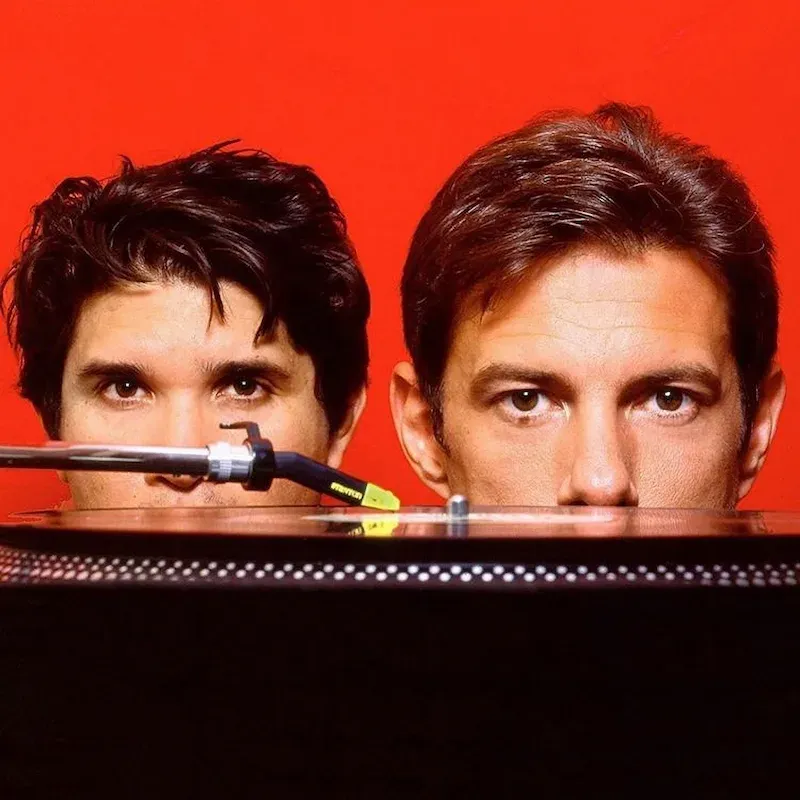Thievery Corporation / Best 1996—2018

At the end of the spring of 1995, former punk Rob Garza and his friends were heading to one of the city bars, not knowing that the upcoming meeting would be fateful for him. In the Eighteenth Street Lounge, full of chic, glitter, beauty and bossa nova, previously unknown to Garza, he met one of the owners of the bar—Eric Hilton. It turned out they had a lot of mutual friends, but the guys themselves had never seen each other before. It also turned out that they had a lot of common musical interests. It seems that it was then that they came up with this project, combining each other’s modest equipment to start recording music in one of the rooms of the bar.
By the way, both Hilton and Garza can’t really explain how they created the band which they have been touring with for about two decades. They just made their first singles, many labels liked them, and since then their music has been in great demand. Thievery Corporation successfully rode the wave of soft and calm music, which everyone eagerly bought in the 90s. The name of the duo, which would be ideal for a gangsta rap band, can be explained by their early endeavours: they took samples for their first works from other people’s tracks. “When we started, we were influenced by music from all over the world, flipping through bins in second hand record stores for LP’s from Brazil, India, Iran, Jamaica, jazz records. We wanted to make music where you didn’t know whether it was recorded today or a decade ago.” recalled Garza.


